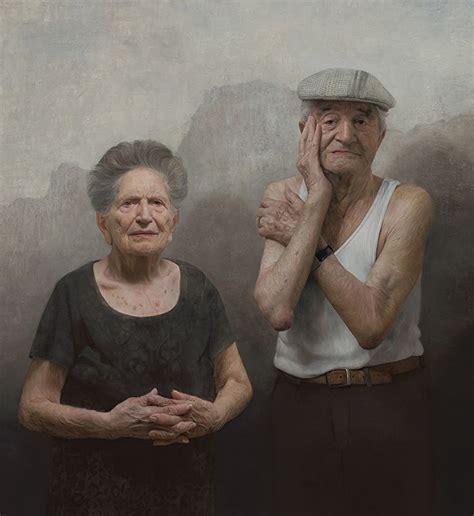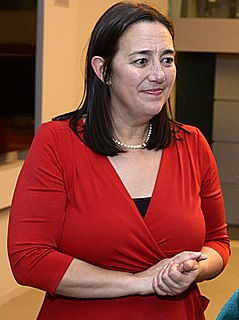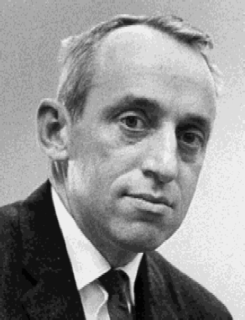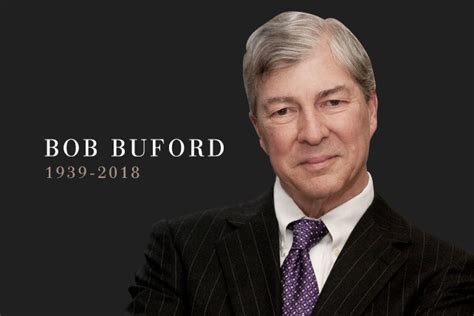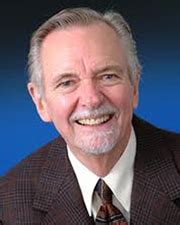A Quote by Rosabeth Moss Kanter
Peter Drucker being one of the most important influences because he has helped to think differently about organizational leadership and management. Frankly, I learn something of value from everyone I meet. My Harvard colleagues. My students. The executives I work with. For an eager student, which is what I am, there is so much to be learned from everyday experiences. I'm a sponge. Always will be.
Quote Topics
About
Always
Am
Because
Being
Colleagues
Differently
Eager
Everyday
Everyone
Executives
Experiences
Frankly
Harvard
Helped
Important
Influences
Leadership
Leadership And Management
Learn
Learned
Management
Meet
Most
Much
Organizational
Peter
Something
Sponge
Student
Students
The Most Important
Think
Think Different
Value
Which
Will
Work
Related Quotes
To paraphrase the late management thinker and writer, Peter Drucker, thinking is hard work, which is why so few people (including actually senior managers) do it. Once there is some "conventional," seemingly-reasonable story, people just accept it and don't ask, "is this actually true? Is it consistent with the data?" And this extends to the highest reaches of organizational life.
Teaching is a huge part of what I do. I love to think about what I do out loud, and the best way to do this is to teach. I usually learn a lot from the students in my workshops, because we work to build the classes around a collaborative environment where everyone is working towards the same goal of learning how to observe and see the subject well, because everyone brings different approaches and experiences with them, the other students and myself learn new methods that we can add into what we do.
In regard to music, I just think that it's always best to have an attitude of being a perpetual student and always look to learn something new about music, because there's always something new to learn. Don't dismiss something out of hand because you think it's either beneath you or outside of the realm of where your interests lie.
Nigeria was a blank on the map - there weren't even any maps. The US State Department, everyone said don't go there. It was courageous of Harvard University: the notion was that we would match Harvard students with Nigerian students, so that every student would have a guide, creating a guarantee of intimacy with the city.
When I was getting my education, I fell in love with the writings of Peter Drucker. He was my hero. I had a naive belief that when I became a manager, it was going to be like Peter Drucker's books. That is, I was going to be the effective executive. I was going to talk to people about their goals. I was going to help them actualize.
An empathic way of being can be learned from empathic persons. Perhaps the most important statement of all is that the ability to be accurately empathic is something which can be developed by training. Therapists, parents and teachers can be helped to become empathic. This is especially likely to occur if their teachers and supervisors are themselves individuals of sensitive understanding. It is most encouraging to know that this subtle, elusive quality, of utmost importance in therapy, is not something one is "born with", but can be learned, and learned most rapidly in an empathic climate.
I think my philosophy has evolved over the years. I started teaching almost 15 years ago and I've learned that how one student learns is obviously much different than how another student learns and so I've had to figure out how to get through to people honestly without hurting their feelings - which is no easy task just in the scope of being a human being, much less in the classroom, but which is something that is more important to me now than it was when I was 30 - and to show them a path to improving.
A Student is the most important person ever in this school...in person, on the telephone, or by mail.
A Student is not dependent on us...we are dependent on the Student.
A Student is not an interruption of our work..the Studenti s the purpose of it. We are not doing a favor by serving the Student...the Student is doing us a favor by giving us the opportunity to do so.
A Student is a person who brings us his or her desire to learn. It is our job to handle each Student in a manner which is beneficial to the Student and ourselves.
Everyone praises Harvard 'for the students.' But what makes Harvard's students so great is that they are, in many ways, a cross-section of the larger world. They are normal people who happen to be excellent, and this sets them apart. People who go to Yale go because they want to attend Yale. People who go to Harvard go because they can.



